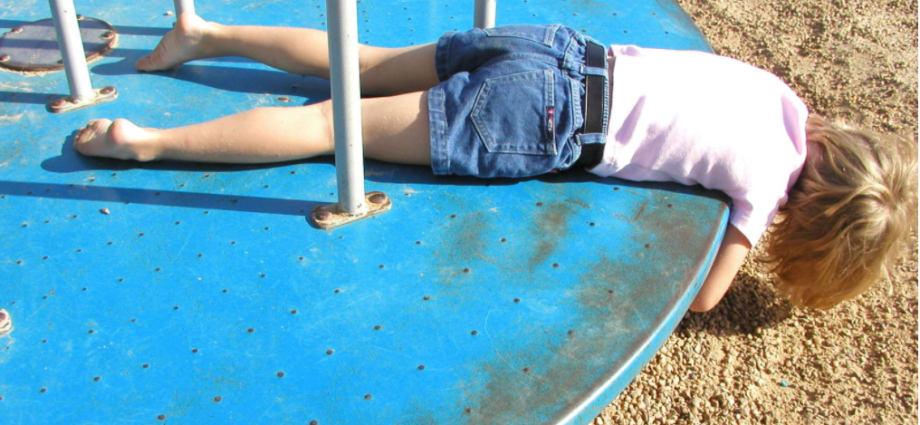|
|
Anxiety, said Sigmund Freud (1856-1939), is the price we pay for civilization. As we engage with social groups, we must control our sexual and aggressive impulses, not act them out. But sometimes, The Ego fears losing control of this inner war between the demands of The Id and The Superego. The result is a dark cloud of unfocused anxiety which leaves us feeling unsettled but unsure why.
Instinctual Drives
When ideas, memories or impulses are too overwhelming or inappropriate for the conscious mind to understand, they are repressed and stored in the unconscious alongside our instinctual drives, where they are not accessible by immediate consciousness. The unconscious silently directs the thoughts and behaviors of the individual. The difference between our unconscious and conscious thoughts creates psychic tension that can only be released when repressed memories are allowed into consciousness through psychoanalysis.
Freud proposed that The Ego protects itself with Defense Mechanisms, tactics that redirect anxiety by distorting reality.
Here are six examples:
- Repression dismisses anxiety – prompting thoughts and feelings from consciousness. According to Freud, repression is at the root of all the other defense mechanisms. All mask threatening urges to prevent them from reaching consciousness. He also felt repression is probably not 100% efficient, and that impulses show up in dreams and “Freudian” slips (slips of the tongue).
- Regression allows us to withdraw to an earlier, more infantile stage of development. Facing the anxious days of school, a child may regress to the oral comfort of thumb-sucking. Juvenile monkeys, when anxious, retreat to an infantile state of clinging to their mothers or to one another.
- In reaction shaping, The Ego unconsciously makes unacceptable impulses look like their opposites. En route to consciousness, the unacceptable proposition of “I hate him” becomes “I love him.” Timidity becomes daring. Feelings of inadequacy become bravado.
- Projection hides threatening impulses by assigning them to others. Thus, “He doesn’t trust me” may become “I don’t trust him” or “I don’t trust myself.” An old El Salvadorian saying captures this idea, “the thief thinks everyone else is a thief” (Exploring Psychology, Myers).
- Rationalization occurs when we unconsciously produce self-justifying explanations to hide from ourselves the real reasons for our actions. Thus habitual drinkers may say that they drink with friends “just to be sociable.” Students who neglect studying may rationalize “all work and no play makes Jack (or Jill) a dull person.”
- Displacement diverts sexual impulses or aggression toward an object or person that is psychologically more acceptable than the one that aroused the feelings. Children who fear expressing anger against their parents may displace it by kicking the family dog. Students worrying over an exam may snap at a roommate.
Defense Against Anxiety
All of these Defense Mechanisms function indirectly and unconsciously. They reduce anxiety by impersonating our threatening impulses just as the body unconsciously protects itself against disease. So also, believed Freud, does The Ego unconsciously defend itself against anxiety.
This report is not a diagnosis. We hope this information can guide you toward improving your life.
Review our Knowledge Base or the links displayed on this page for similar and related topics.

